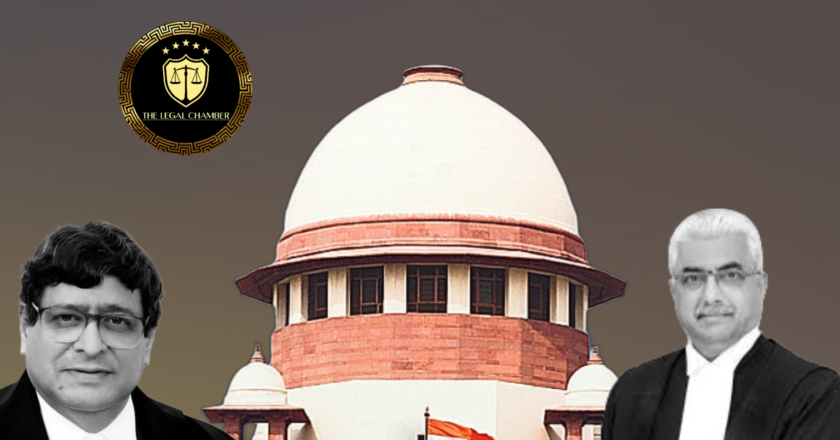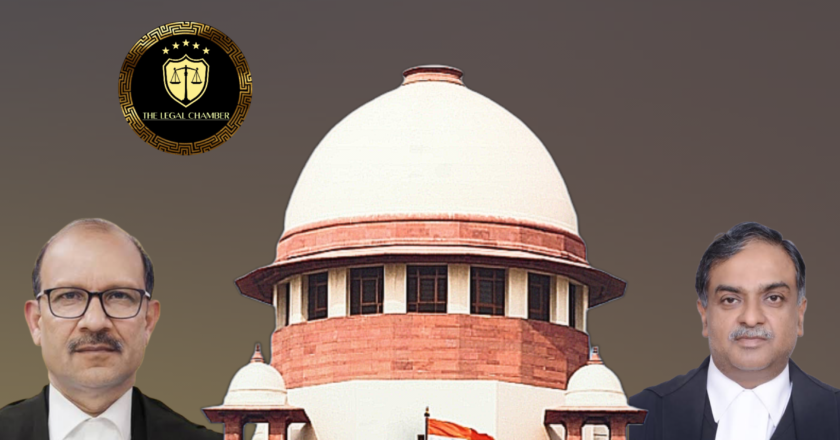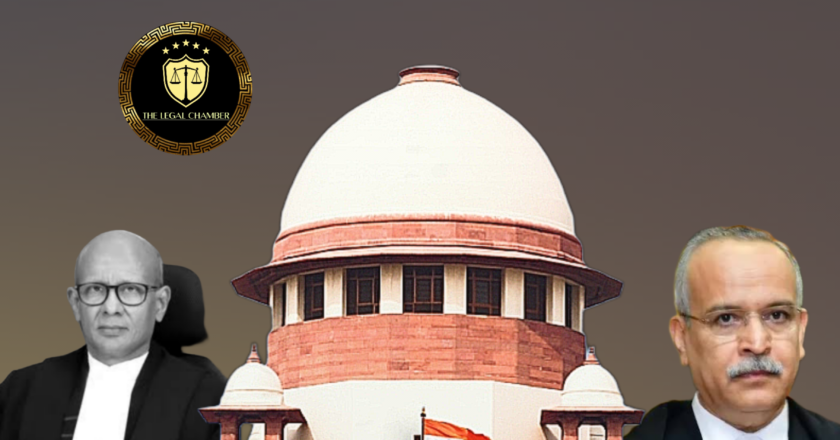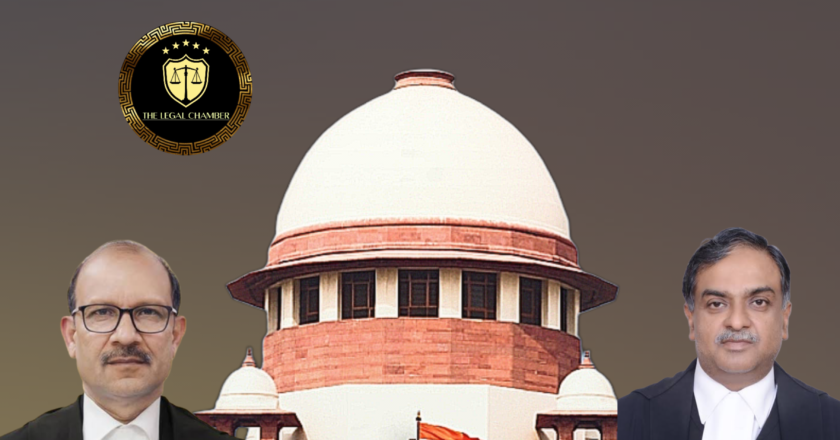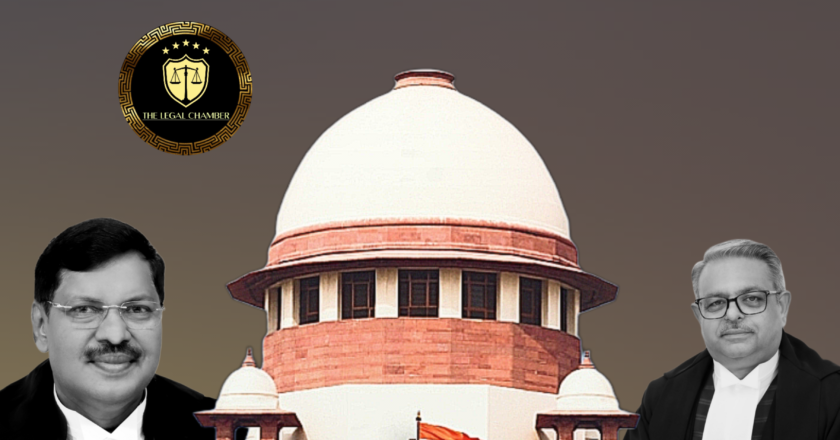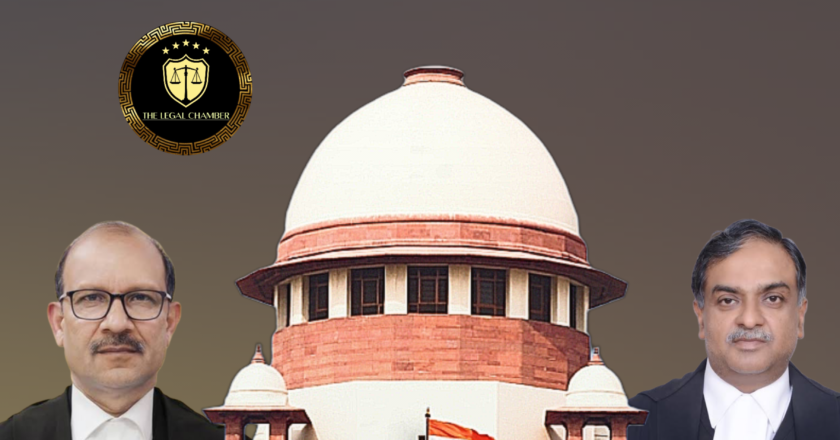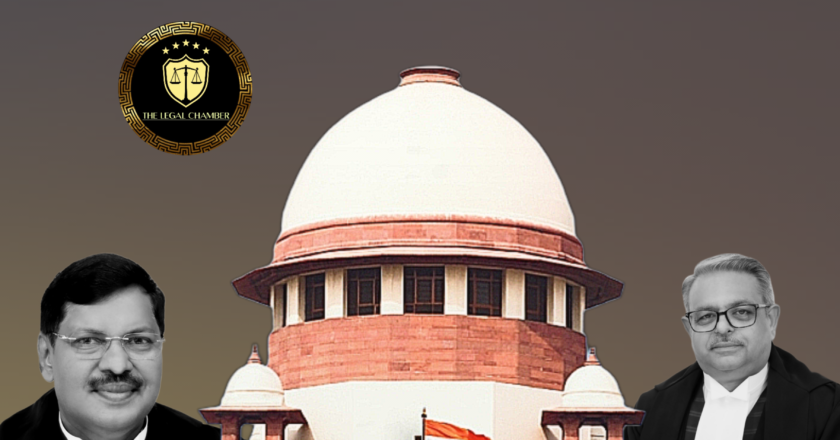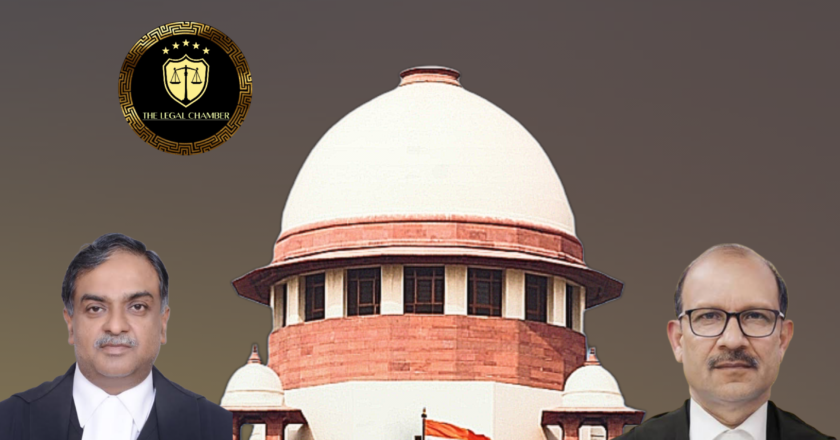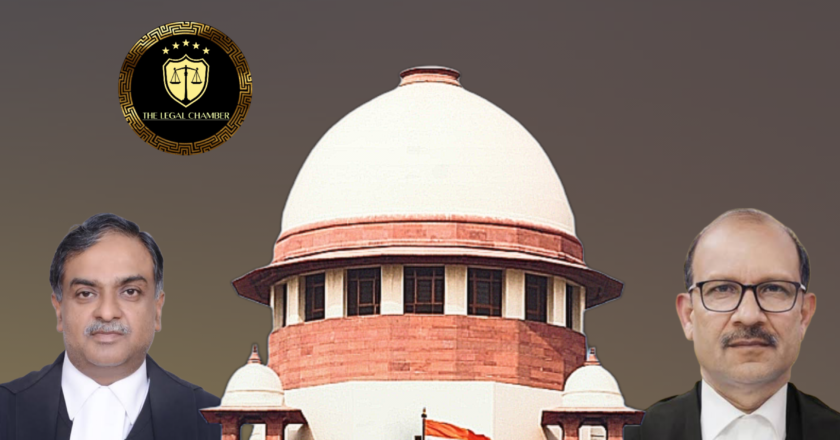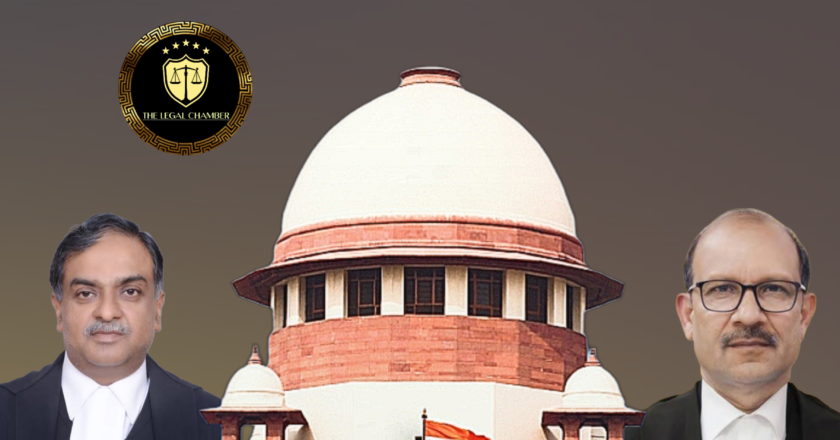Can’t Reopen Closed Cases Without New Proof: Supreme Court’s Landmark Ruling for Sportspersons
The Supreme Court quashed the FIR, ruling the allegations of forgery and cheating did not disclose the essential ingredients of Sections 420, 468, or 471 IPC. It held that continuing the prosecution, after prior exoneration by competent authorities without new evidence, constituted a clear abuse of the legal process.
Facts Of The Case:
In 2022, a private complaint was filed by Nagaraja M.G. alleging that badminton players Chirag Sen and Lakshya Sen, their parents, and their coach, Vimal Kumar, had conspired to falsify the players’ dates of birth to gain illegal entry into age-restricted tournaments. The complaint was based primarily on an alleged 1996 GPF nomination form. Following a magistrate's order under Section 156(3) of the CrPC, the Bengaluru Police registered an FIR for offences ...
